I have a developer that is getting "Build failed." when running add-migration in a .NET Core EF project, with no explanation of why the build failed. How do you troubleshoot this error?
This is what he gets in the Package Manager Console:
Additional information:
We have a few other developers using the same solution code (myself included) that have not issues with add-migration.
This is what I see in Package Manager Console:
We've verified that the project builds, and the entire solution builds. We've done "dotnet restore" and rebuild all multiple times, in addition to restarting VS2015. We've verified that the correct default solution is selected both in Solution Explorer, and in the Package Manager Console drop-down. We've verified that he has the correct SDK installed on his machine. I'm at a loss as to what to check next...any time I've had a failure during add-migration I've gotten enough information to point me in the direction of what to check, but just "Build failed." is a fairly useless error output.